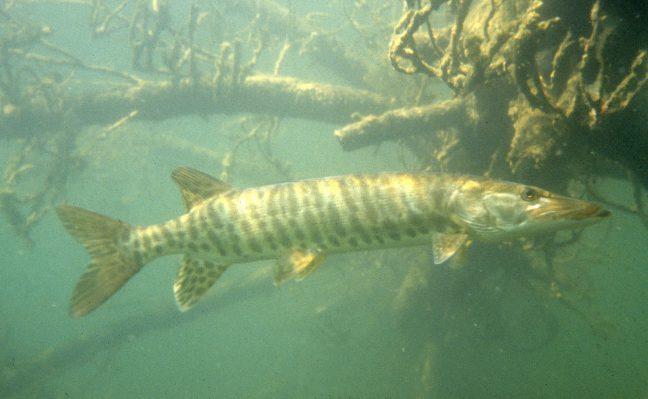In an effort to repopulate Madison’s waters with muskies, the Wisconsin’s Department of Natural Resources Wednesday released 1,200 of the state fish into the waters of Lake Monona and Lake Wingra.
The muskies, approximately 10 to 11 inches in length, came all the way from the Art Oehmcke Fish Hatchery in Woodruff, Wisconsin, where they were originally hatched and raised. Of the total fish, 1,179 were released into Lake Monona while 100 were placed into Lake Wingra.
Typically, DNR stocks fish in two cases: if they have trouble naturally reproducing or if environmental factors reduce their population. David Rowe, DNR fisheries supervisor, said the DNR is restocking muskies in the Madison lakes for the latter reason.
Homing pigeons and clean lakes target of environmental grants
“Madison fish take care of themselves pretty well,” Rowe said. “But muskies in their natural range must really have clear water and pristine habitats.”
Since Madison lakes have nutrient pollution, an excess of nitrogen and phosphorus, they become “highly productive,” leading to excess algae and a deprivation in oxygen, which is extremely harmful for aquatic life, Rowe said.
Along with Madison lakes’ water quality issues, it is often difficult for muskies to survive as their eggs become vulnerable to predation with multiple other fish populations occupying the space.
While there is no pressing environmental need to rebuild the muskie population, Rowe said they are a beneficial recreational population for fishing.
Fishing trips and tournaments, especially in the Great Lakes region, bring a lot of economic impact, Rowe said.
As the muskies swim around Lake Monona, some of them may end up resurfacing at the upcoming Capital City Musky Pit-Tag Challenge Sept. 24.














